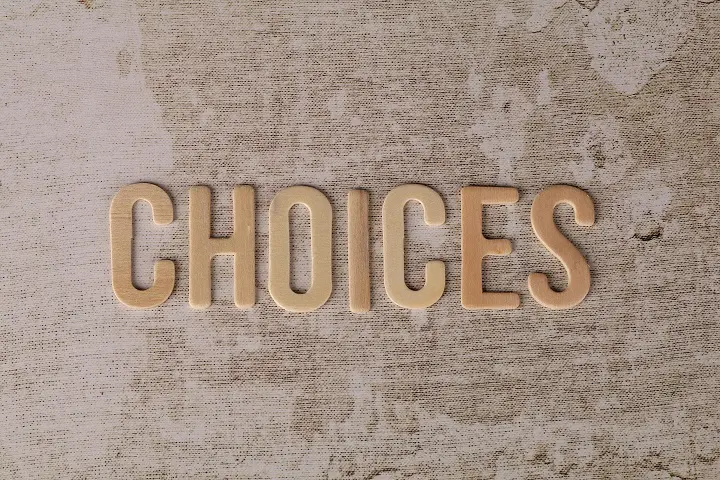
Does Patience Bring Good ‘Fortune’?
Good fortune comes in all forms. Warren Buffett is fond of mentioning his good fortune to be born in the USA. He has also experienced the good fortune of lucid longevity, despite what strikes me as ill-advised dietary habits, including plenty of Cherry Cokes, Dairy Queen hamburgers, and Mrs. Sees’ candies.
We all have choices to make every day. Those of us fortunate enough to be US citizens and reach the age of 62 face the conundrum of when to file for Social Security benefits. There is a lot of complexity, nuance, and misunderstanding on how to address this conundrum. While specific details are beyond the scope of this note, here are some general comments that might be worthy of your attention.
The question of when to take Social Security is an “optimization under uncertainty” problem. How can a rational person maximize benefits over a lifetime of unknown duration? The known facts are simple. The sooner you elect to receive benefits, the lower your monthly benefits will be. The later you elect to receive benefits, up to age 70, the greater your monthly benefits will be. The longer you plan to live, the greater the odds you will receive more benefits from delaying the start. It is easy enough to work out a break-even lifespan, but that ignores the very real psychological component of the decision.
Over the years, I have often seen this decision made without regard to the logic of basic math. I suspect this has something to do with deep-seated behavioral issues I first learned about from the Stanford ‘Marshmallow Experiment’ of the early 1970s. As you may recall, the study placed young children in a room with a single marshmallow, giving them a choice. They could either eat the marshmallow immediately or wait about 15 minutes and then enjoy two marshmallows. The idea was to measure delayed gratification and self-control in children. What I find most intriguing about the study is the longitudinal follow-up. Researchers followed the participants for many years and found meaningful correlations between the children’s ability to delay gratification and various positive outcomes later in life. The ‘two marshmallows’ group tended to have higher SAT scores, better educational outcomes, lower body mass index, better social skills, and a greater ability to cope with stress and frustration as adults.
Evaluating various social security options is just one example of countless financial decisions that must be made under conditions of uncertainty. In my few decades of wrestling with these issues, I have come to appreciate the impact of hard work, thorough analysis, a bit of good luck, and the willingness to be patient for the promise of that second marshmallow. There is no guarantee, but this approach has served me well over the years. With that in mind, I hope you will join me (after waiting about 15 minutes, of course) for a delightful treat. The dark chocolate “Scotchmallow” from See’s Candies would be an excellent choice!
Mike Masters
